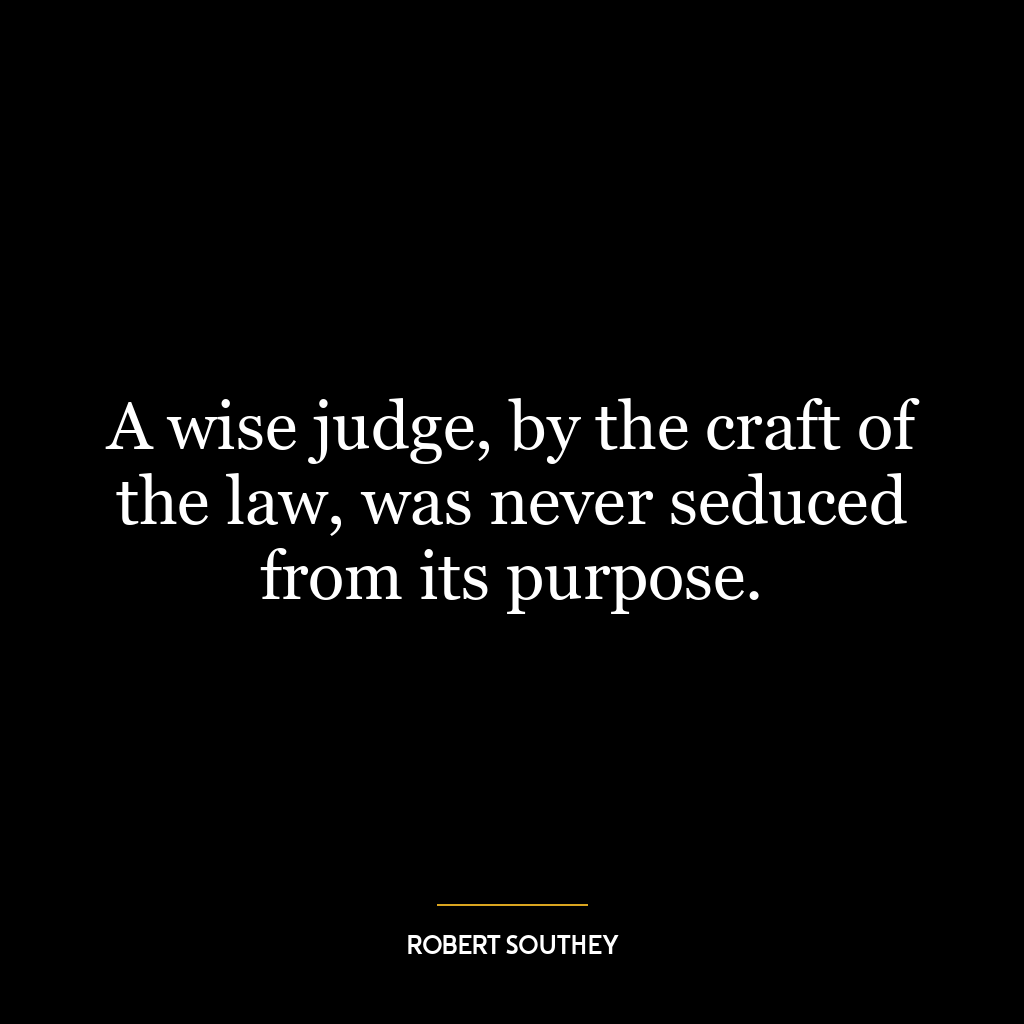Jean-Baptiste Rousseau Quotes
- Poet
- France
- 1671
Jean-Baptiste Rousseau (1671-1741) was a French poet and playwright of the 18th century. He is best known for his works in the genres of tragedy and satire, and is considered one of the most important figures of the French Enlightenment. Rousseau’s most famous works include the tragedies Narci…Read More
Jean-Baptiste Rousseau (1671-1741) was a French poet and playwright of the 18th century. He is best known for his works in the genres of tragedy and satire, and is considered one of the most important figures of the French Enlightenment. Rousseau’s most famous works include the tragedies Narcisse (1715) and Pyrrhus (1718), the satirical poem Le Devin du Village (1752), and the opera Le Devin du Village (1752). He was also a major influence on the works of Voltaire and other Enlightenment writers. Rousseau’s works are noted for their wit, irony, and criticism of the social and political norms of his time.Read Less
Jean-Baptiste Rousseau (1671-1741) was a French poet and playwright of the 18th century. He is best known for his works in the genres of tragedy and satire, and is considered one of the most important figures of the French Enlightenment. Rousseau’s most famous works include the tragedies Narcisse (1715) and Pyrrhus (1718), the satirical poem Le Devin du Village (1752), and the opera Le Devin du Village (1752). He was also a major influence on the works of Voltaire and other Enlightenment writers. Rousseau’s works are noted for their wit, irony, and criticism of the social and political norms of his time.
Jean-Baptiste Rousseau Career Highlights
- Early Success as a Poet: Rousseau’s career began with the publication of his first poem, “Ode à la Nuit” (Ode to the Night), in 1692. This poem was well-received and established him as a promising young poet.
- Collaboration with Voltaire: Rousseau collaborated with the famous French philosopher and writer, Voltaire, on several plays, including “Brutus” and “Zaïre.” These collaborations helped to solidify Rousseau’s reputation as a talented dramatist.
- Appointment as Court Poet: In 1712, Rousseau was appointed as the official court poet to King Louis XIV. This prestigious position gave him access to the royal court and allowed him to establish connections with influential figures in French society.
- Success in the Theater: Rousseau’s plays were highly successful and were performed at some of the most prestigious theaters in Paris, including the Comédie-Française and the Théâtre de la Monnaie in Brussels.
- Publication of “Odes”: In 1712, Rousseau published his most famous work, “Odes,” a collection of poems that celebrated the beauty of nature and the joys of love. This work was well-received and cemented Rousseau’s reputation as a leading poet of his time.
Key Contributions by Jean-Baptiste Rousseau
- Development of the “Ode” Form: Rousseau is credited with popularizing the “ode” form of poetry in France. His use of this form, which originated in ancient Greece, helped to revive interest in classical literature and influenced other poets of the time.
- Exploration of Human Emotions: Rousseau’s works often focused on human emotions, particularly love and passion. He was known for his ability to capture the complexities of these emotions in his writing, making him a pioneer in the development of sentimental literature.
- Influence on French Literature: Rousseau’s works had a significant impact on French literature, particularly during the Enlightenment period. His use of simple language and focus on human emotions helped to pave the way for the development of the novel as a literary form.
What Sets Jean-Baptiste Rousseau Apart
- Versatility: Rousseau was a versatile writer, excelling in both poetry and drama. His ability to write in different genres and styles set him apart from other writers of his time.
- Use of Simple Language: Unlike many of his contemporaries, Rousseau used simple, accessible language in his works. This made his writing more relatable to a wider audience and contributed to his popularity.
- Emphasis on Emotions: Rousseau’s focus on human emotions, particularly love and passion, set him apart from other writers of his time. His ability to capture the complexities of these emotions in his writing made him a unique and influential figure in French literature.
Takeaways
- Jean-Baptiste Rousseau was a highly influential figure in French literature during the Enlightenment period.
- His career was marked by numerous highlights, including his early success as a poet, collaborations with Voltaire, and appointment as court poet.
- Rousseau’s key contributions include popularizing the “ode” form of poetry, exploring human emotions in his works, and influencing French literature.
- His versatility, use of simple language, and emphasis on emotions set him apart from his contemporaries and contributed to his lasting impact on French literature.







